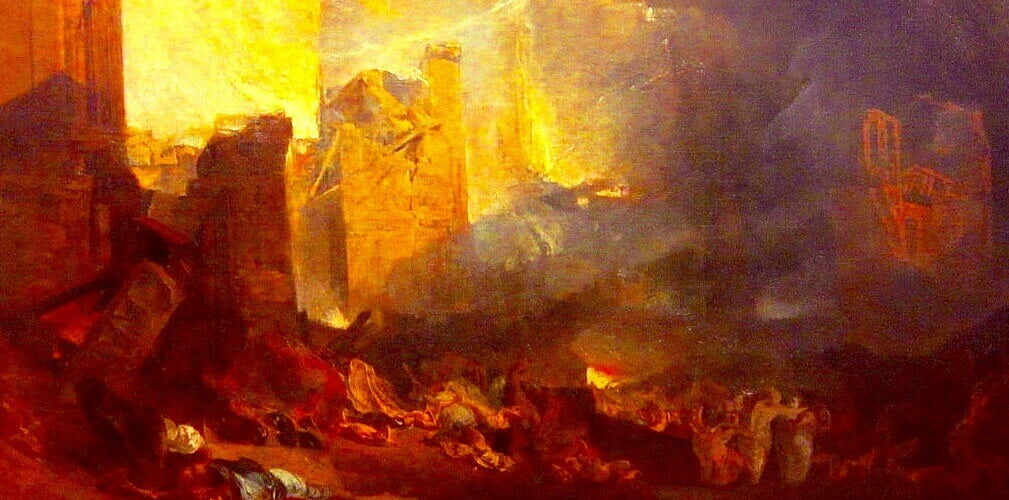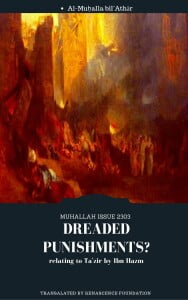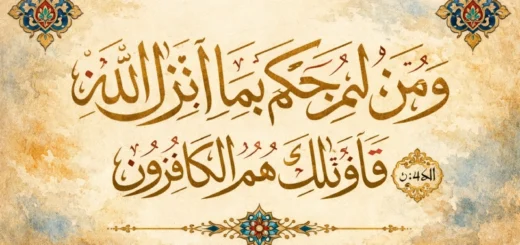Dreaded Punishments?

Getting your Trinity Audio player ready...
|
[dropcap]F[/dropcap]or the first time in English we present a complete translation of Mas’ala (Issue) 2303 from Al-Muḥalla bil’ Athār, the magnum opus of fiqh (jurisprudence) written by Ibn Ḥazm. Often described as a being free-thinker, but nevertheless invariably castigated by those rigid adherents of the other legal schools, Ali ibn Aḥmad ibn Sa’eed ibn Ḥazm, Abu Muḥammad (d.1064CE) was from Cordoba and was one of the acclaimed leading scholars of his generation. His own lifespan covers an era that many objective observers regard as being the golden age of Islamic rule in Spain.
The topic covered is entitled: ‘Acts of the people of Luṭ (Lot)’ and is taken from the last book of the Muḥalla, covering selected points relating to Ta’zir. The subsequent issues, which haven’t been presented here as yet, deal with the issues of bestiality, lesbianism and tribadism.
For many, particularly those who adopt the stance taken by political correctness, the topic itself is deemed to be very controversial. However, there needn’t be such controversy upon this matter. Homosexuality has existed since time immemorial. It exists both in open societies as well as closed societies. As noted elsewhere, no monotheistic religion, Islam included, regards homosexuality as being a praiseworthy practice or lifestyle. In fact, it is designated in Islam as being one of the major sins. Ultimately, Islam holds that there is to be a life beyond the present one and that there will be a final day of reckoning where all matters, including this, will be finally determined.
Our intention in presenting a full translation of this issue is not to court controversy for its own sake. Rather, it is to challenge the notion that has gained quite common currency, whether amongst non-Muslims, but also Muslims, that Islam sanctions devastating punishments for homosexuality: stoning, burning, throwing people off buildings / mountains or burying them under rubble.
Yet as will be seen, the issue is far more complicated than that. It is not simply a matter of repeating what some previous Muslims jurists may or are alleged to have held, but seeking to undertake a critical evaluation of the primary evidences. That evaluation cannot take place without an honest, dispassionate and detailed assessment of the authenticity of the narratives that are often mentioned concerning this topic.
That said, the issue presented here by Ibn Ḥazm serves more as an introductory discussion to the topic. It is not an all encompassing study upon the issue. Points that relate to process, the number and testimony of witnesses as well as the requirements of evidence are touched upon elsewhere. Yet one of the striking ironies that comes forth from Ibn Ḥazm’s discussion, for the modern reader at least, is that by adopting a very strict adherence to the authentic textual sources, one does not necessarily come to the conclusions that are often held by most.




